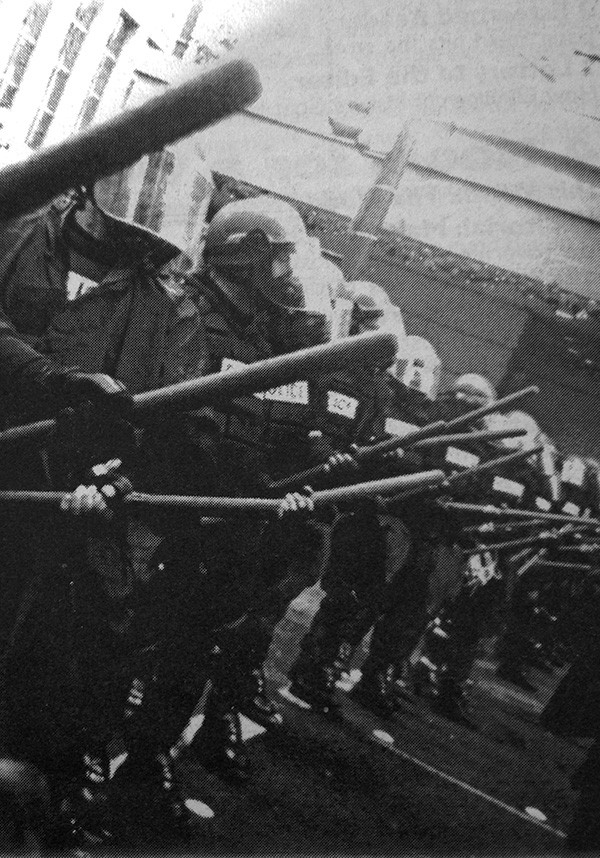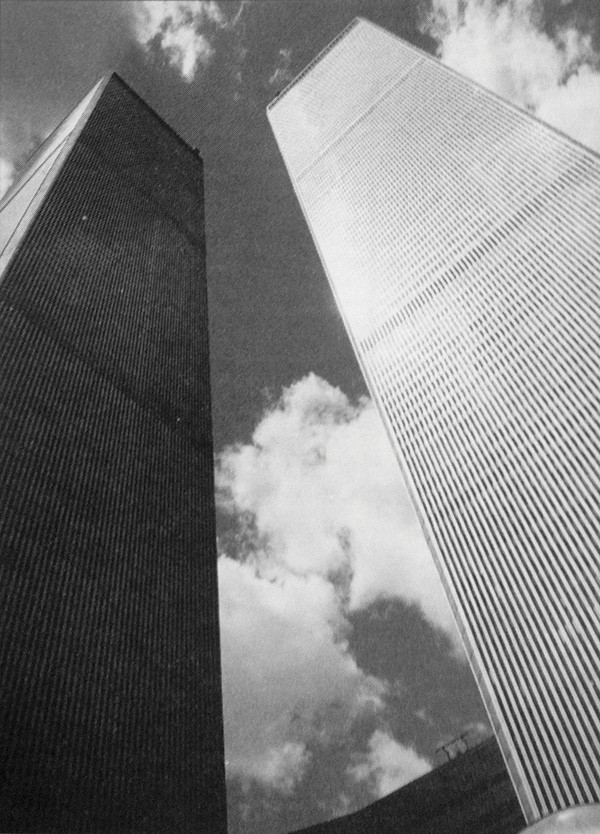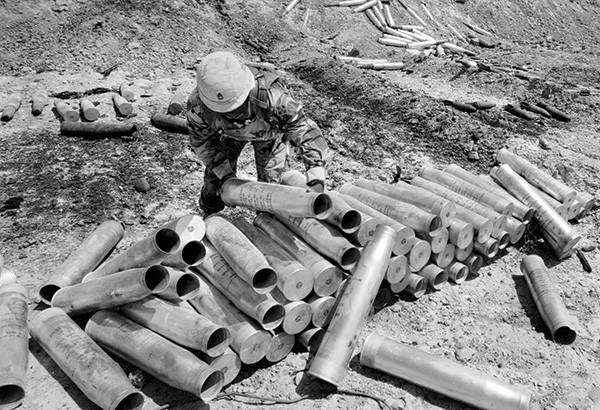The synchronicity of adding a News & Politics section in the year 2000 to the already pioneering efforts of Chronogram still astounds. Perhaps we intuited the new millennium would see America embark on the juggernaut journey it still reels from today. With global-to-local and local-to-global our mantra, we sought to provide cutting edge, and, in some cases, breaking news that informed on a local/regional level while connecting readers to national and international communities and vice versa.
Making its debut with exacting, eyewitness coverage of the WTO riots in Seattle, Room for a View lurched into coverage of a questionable presidential election ultimately decided by a divided Supreme Court. A heady time, along came 9/11, the Patriot Act, marches to wars in Afghanistan and Iraq, and a robust peace movement marginalized by the mainstream media. Not satisfied with our distant view, we went to these countries and others: Thailand, Pakistan, Burma, Venezuela, Morocco, Sri Lanka—wherever we could, to put faces to stories not being told anywhere else.
In between jaunts, we informed on school funding, efforts to keep the Shawangunk Ridge development free, Indian Point, casinos in the Catskills, alternative energies, organic food regulations, and other critical regional issues.
Always present, boots on the ground, whether interviewing Ambassador Joe Wilson from an American Friends Service Committee peace bus tour traversing Washington State, climbing fences with Manna Jo Greene to investigate Hudson River industrial sites, or e-mailing home to let folks know all was okay after yet another Baghdad bombing, Chronogram has been and remains on the forefront, creating and defining the morphing face of modern journalism.
Lorna Tychostup was senior editor at Chronogram for 10 years. A documentary about her coverage of the Iraq War, Bordering on Treason, premieres on November 19 at the DOC NYC film festival.
ExcerptsWorld Trade Organization Protests Reportage from Seattle, 1/00
"In one corner of the richest, most jaded, most powerful country in the world—a country that preaches to the world the glories of free trade and capitalism—some 70,000 protestors joined hands to halt a summit meeting of the World Trade Organization," Todd Paul wrote in an editorial. Our coverage included two eyewitness reports from activists on the ground (who were peacefully assembled before the police attacked) and an in-depth explanation of how the WTO functions.
9/11 Editorial Todd Paul, 10/01
We published an essay by Todd Paul the month after 9/11 that triggered an anti-Chronogram backlash, resulting in a number of nasty letters and a few lost advertisers. Instead of blindly waving the flag like so many were doing at the time, we dared to suggest that US foreign policy was complicit in the causation of 9/11, and that the US should choose its next course of action carefully. An excerpt: "We feel powerless. For a mighty country about to kick some major butt—just as soon as we decide whose butt needs kicking—we feel mighty powerless, don't we? Why? Three reasons: 1) Deep down inside, we know we'd probably be safer if we refrained from kicking some major butt this time. 2) The major butt-kicking that's about to commence is completely out of our control. 3) We can't trust our government to kick the right butts, for the right reasons, and tell us the truth about it."
Reportage From Iraq Lorna Tychostup, 4/03-4/09
Lorna visited Iraq for the first time in February 2003, just weeks before the war began, and spent three weeks dodging regime-assigned "minders" in order to visit homes, hospitals, markets, schools, and walk the streets unencumbered. Returning regularly over the following years, she reported the conditions on the ground—stories of the everyday realities facing Iraqis, from elections to sectarian violence to environmental degradation and recovery. Her reportage constitutes a record of what happened where the TV cameras refused to go.
A Call To Arms: How Wall Street & Washington Betrayed America Lorna Tychostup, 4/09
An interview with Robert Weissman of the Institute for Public Accuracy about the repeal of financial regulatory authority that led to the recent financial crisis. The conversation discussed the symbiotic relationship between fat cat lobbyists with enormous amounts of money to invest in elected officials and legislators who are more than wiling to both ignore and jettison legislative regulatory protections. As the meltdown deepened, Weissman explained explored the deep conflicts of interest that exist between lawmakers, ratings agencies like Moody's, and the large financial institutions they rate bonds for.
Interview with Ambassador Joseph Wilson Lorna Tychostup, 12/03
In 2002, former diplomat Joe Wilson traveled to Niger to substantiate claims by the Bush administration that Saddam Hussein had bought uranium yellowcake for weapons of mass destruction. Wilson found no evidence of this. On July 6, 2003, the New York Times published an op-ed by Wilson, that stated, in part: "some of the intelligence related to Iraq's nuclear weapons program was twisted to exaggerate the Iraqi threat." A week later, Vice President Cheney's Chief of Staff, Scooter Libby, outed CIA agent Valerie Plame, Wilson's wife, in an attempt to discredit Wilson. Our interview with Wilson was published while the grand jury investigation into what became known as Plamegate was still underway.
Interview with Bob McChesney Brian K. Mahoney, 7/04
In an interview with Bob McChesney following the publication of his book The Problem with Media, the media critic took exception to the role of "professional journalism." "Many Americans have the erroneous opinion that the notion of professional, independent, non-partisan, non-ideological journalism was something that the Founding Fathers were proponents of, that they believed in objectivity, and that's what real journalism for democracy is," McChesney said. "That's nonsensical. Journalism in the first 125 years of the Republic was stridently partisan and there was no notion of journalism being anything but partisan. The whole idea was to contribute to political debates and to draw people into life and to convince people of your arguments. What's considered professional journalism today, is basically stenography to people in power."























